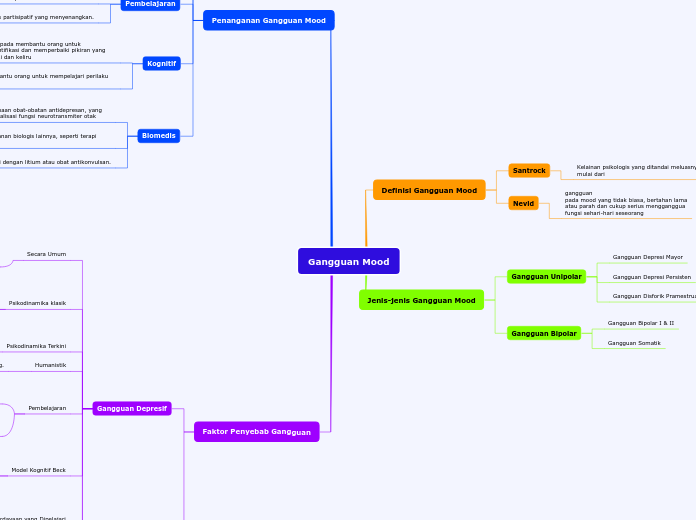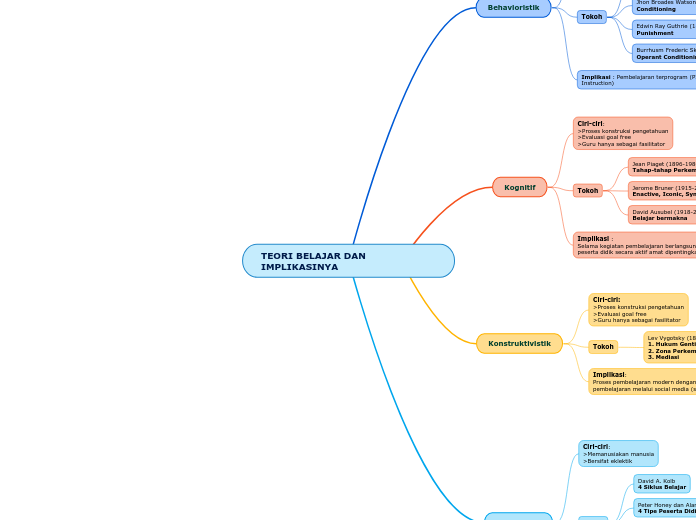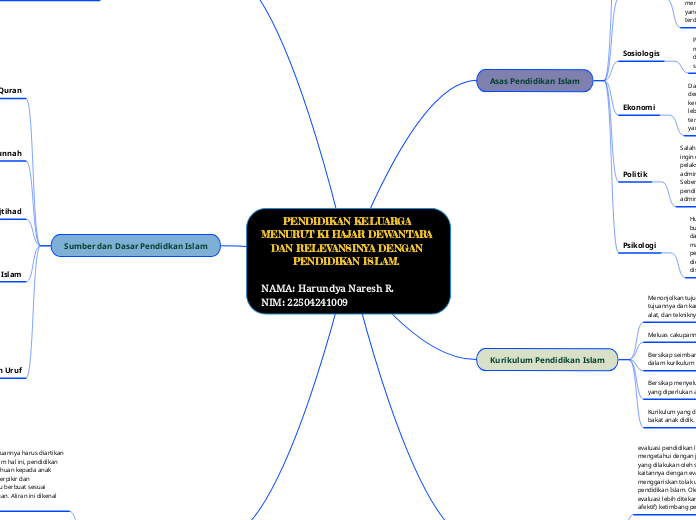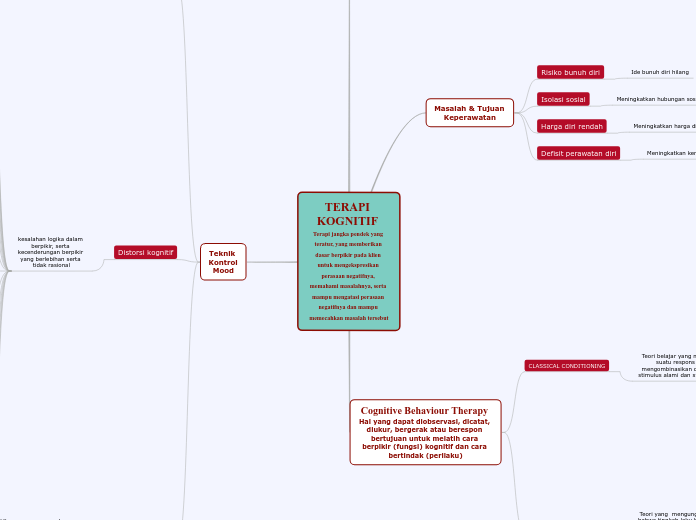Gangguan Mood
In linguistics, syntax is the set of rules, principles, and processes that govern the structure of sentences in a given language, usually including word order.
Faktor Penyebab Gangguan
A compound sentence is a sentence that has at least two independent clauses joined by a comma, semicolon or conjunction. An independent clause is a clause that has a subject and verb and forms a complete thought.
Create your own compound sentences, using the coordinators above.
yang berpean penting
Pengalaman hidup yang membuat stres
Gangguan Depresif
When independent clauses are joined with coordinators (also called coordinating conjunctions), commas and semicolons, they do more than just join the clauses. They add meaning and flow to your writing.
Biologis
Ketidakseimbangan aktivitas neurotransmiter otak
Genetik
Model Ketidakberdayaan yang Dipelajari
tidak mampu mengubah hidupnya menjadi lebih baik
tidak mampu mengendalikan penguatan dalam lingkungannya
Model Kognitif Beck
kesalahan spesifik dalam berpikir (distorsi kognitif) dalam merespons peristiwa negatif—yang nantinya akan menimbulkan depresi.
memiliki keyakinan negatif tentang diri, lingkungan, dan masa depan.
Teori interaksional Coyne berfokus pada interaksi negatif dalam keluarga, yang dapat membuat anggota keluarga dari individu yang depresi menjadi kurang menguatkan.
Saat penguatan berkurang, individu akan merasa tidak termotivasi dan depresi—ini dapat menimbulkan ketidak-aktifan dan lebih mengurangi peluang penguatan.
Humanistik
kurangnya makna dan autentisitas dalam hidup seseorang.
Psikodinamika Terkini
berubahnya keseimbangan antara ego dan superego.
Psikodinamika klasik
Individu mungkin mengarahkan kemarahan yang belum terselesaikan itu kepada representasi batin dari orang lain tersebut (yang telah terhubung/terintrojeksi dalam diri individu).
Individu merasa sangat ambivalen terhadap orang lain yang telah tiada, atau yang ditakuti kehilangannya.
Secara Umum
Paparan terhadap stres kehidupan dihubungkan dengan peningkatan risiko berkembang dan kambuhnya gangguan mood (khususnya, depresi mayor).
Penanganan Gangguan Mood
A complex sentence is a sentence that contains an independent clause and one or more dependent clauses.
An independent clause can stand alone as a sentence, but a dependent clause even though it has a subject and a verb cannot stand alone.
Biomedis
An adverbial clause is a group of two or more words that function as an adverb in a sentence.
ditangani dengan litium atau obat antikonvulsan.
berfokus pada penanganan biologis lainnya, seperti terapi elektrokonvulsif
berfokus pada Penggunaan obat-obatan antidepresan, yang dapat membantu normalisasi fungsi neurotransmiter otak
Kognitif
An appositive clause follows another noun or noun phrase in apposition to it; that is, it provides information that further identifies or defines it.
berfokus pada membantu orang untuk mempelajari perilaku yang lebih adaptif
berfokus pada membantu orang untuk mengidentifikasi dan memperbaiki pikiran yang terdistorsi dan keliru
Pembelajaran
The subject clause is a dependent clause that acts as a subject.
meningkatkan aktivitas partisipatif yang menyenangkan.
berfokus pada membantu orang depresi untuk meningkatkan frekuensi penguatan dalam kehidupan
Psikodinamika Modern
A predicative clause may be introduced by conjunctions - that, whether, whether... or, as, as if, as though, because, lest, the way - or connectives.
The latter may be conjunctive pronouns - who, whoever, what, whatever, which - or conjunctive adverbs - where, wherever, when, whenever, how, why.
berfokus pada pengembangan cara-cara adaptif dalam menyelesaikan konflik interpersonal
berfokus pada pengembangan cara-cara adaptif dalam mencapai harga diri
Psikodinamika Klasik
The object clause is a phrase on which a verb performs an action. It falls at the end of a sentence, and is governed by a verb or a preposition.
Add example
membantu individu untuk mengungkap dan menyelesaikan perasaan ambivalen terhadap objek yang hilang.
Jenis-jenis Gangguan Mood
Gangguan Bipolar
See the example below and try to create your own simple sentences.
Tim is driving the red car.
Gangguan Somatik
Gangguan Bipolar I & II
Gangguan Unipolar
See the example below and try to create your own simple sentences.
Tim drives.
Gangguan Disforik Pramestrual
Gangguan Depresi Persisten
Gangguan Depresi Mayor
Definisi Gangguan Mood
Nevid
The predicate of a sentence is the part that modifies the subject in some way. Because the subject is the person, place, or thing that a sentence is about, the predicate must contain a verb explaining what the subject does and can also include a modifier.
gangguan
pada mood yang tidak biasa, bertahan lama
atau parah dan cukup serius mengganggua
fungsi sehari-hari seseorang
Santrock
The subject of a sentence is the person, place, thing, or idea that is doing or being something. You can find the subject of a sentence if you can find the verb.
Ask the question, 'Who or what 'verbs' or 'verbed'?' and the answer to that question is the subject.
Kelainan psikologis yang ditandai meluasnya irama emosional, mulai dari









